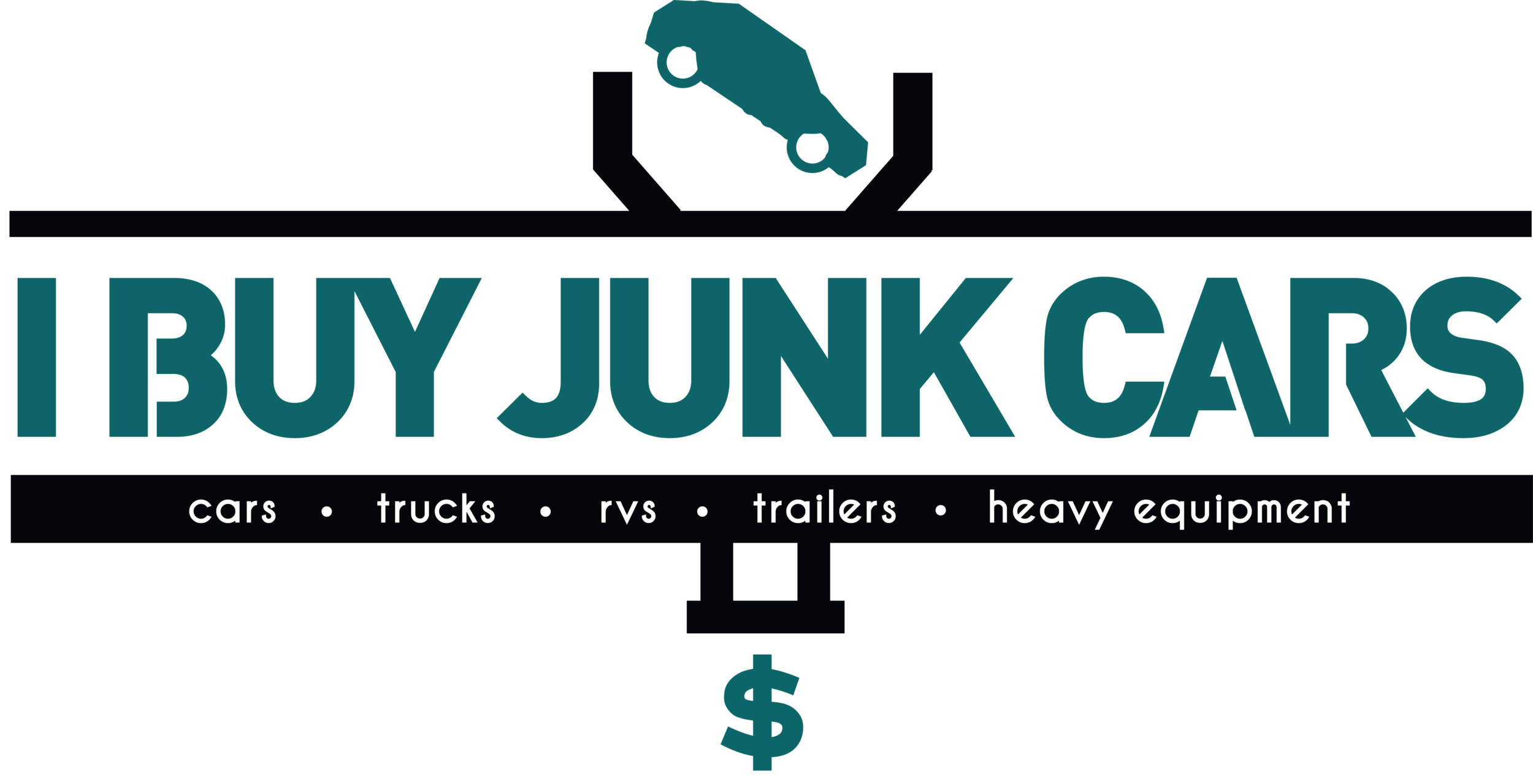The Quick Guide for Junking Your Car
A junk car is an eyesore that does nothing but take up space in your garage or driveway. It's usually beyond repair and much better off at a salvage yard, which you can recycle for cash. After looking for dependable salvage companies, you've decided to sell your old car. But what happens to the vehicle after the sale?
The car junking process
Here's what happens to a vehicle once it's been sold to a scrap yard and towed away:
Taking the VIN out of DMV's register
End-of-life cars exceeded their useful life due to accidents, floods, fires, or regular wear and tear. Their vehicle identification number (VIN) is removed from DMV's system to ensure it can no longer be sold or fixed. As a result, the DMV protects potential buyers from purchasing salvage cars.
Recycling car parts
The salvage company performs several activities after receiving the vehicle. Junk car specialists first de-pollute the car and look for salvageable parts. Components that can't be sold are usually crushed and recycled.
Recycling car fluids
One of the most critical aspects of this stage is fluid disposal. Car owners who junk their vehicles junk up to 10 gallons of liquid with it. These include brake fluid, antifreeze, engine oil, steering fluid, freon, and many other liquids. They can harm the environment, and dumping them into landfills is hazardous. Other substances, including coolants, fuels, and oil, can be reused or sold.
Therefore, safe disposal is paramount, playing a pivotal role in preserving the environment and facilitating the economy. Additionally, making products from scratch takes much more energy than recycling them.
Using recycled fluids
Salvage yards can reuse fluids for various purposes:
Cleaning motor oil and using it as a lubricant
Repurposing oil for extra energy
Handling freon correctly and using it as a refrigerant
Draining, cleaning, and reconditioning antifreeze for future use
Recycling accessories
Recycling also applies to your old car's batteries, tires, and plastic components.
Junk car professionals pay great care to this stage since salvaging and recycling some parts can be tricky. For instance, dead batteries are notoriously challenging to handle since they contain lead. After removing them from the vehicle, the experts use old batteries to make new ones.
Old tires are usually repurposed for playgrounds, fuel, or highway asphalt. You can also use them for garden mulch, railroad ties, welcome mats, speed bumps, and weightlifting plates.
Lastly, plastic components are recycled and reused as appliances or other car parts. They can also come in handy in the production of bottles, packing material, and plastic caps.
What you should do next
Now that you know what happens to junk cars, reach out to a local salvage yard and get a quote for your vehicle.
If you are in the Phoenix Metro area and want a no-hassle cash quote for an old, wrecked, unwanted, salvage or burned car, SUV, van or truck, give us a call at I Buy Junk Cars. 480-771-8290.

